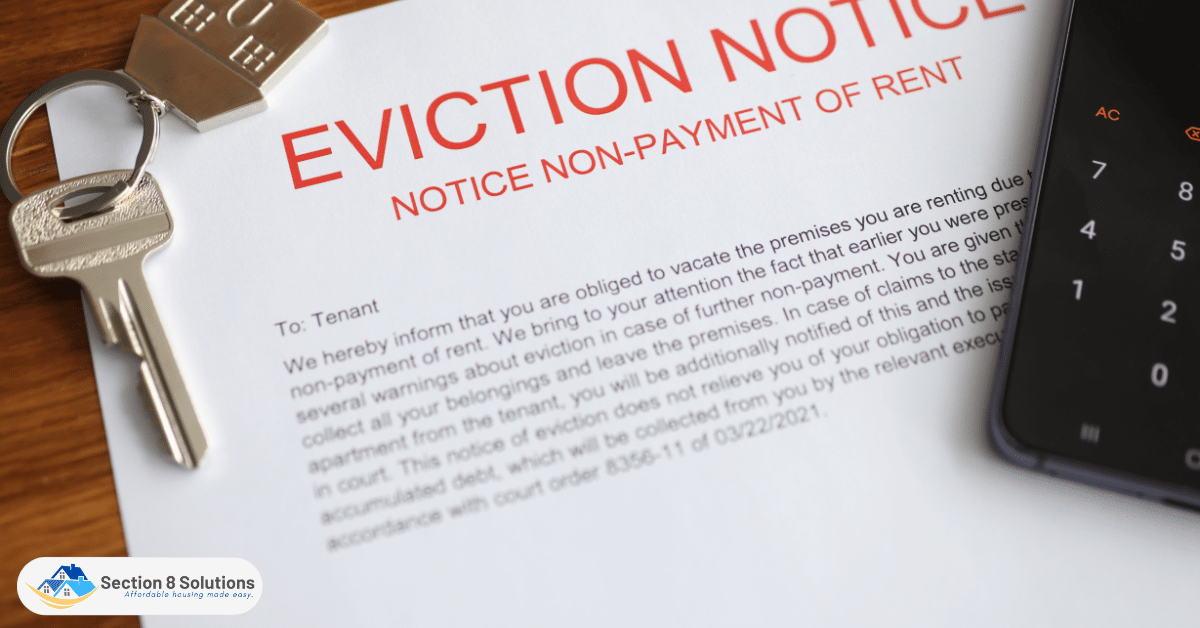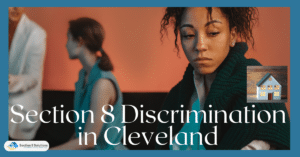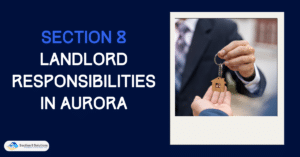In Virginia Beach, landlords bear several essential responsibilities outlined in Section 8 of the housing regulations. These obligations primarily involve maintaining the property in a habitable condition, promptly addressing repairs, and adhering to fair housing practices. From ensuring adequate safety measures to upholding tenant rights, Section 8 underscores the crucial role landlords play in providing secure and comfortable housing in Virginia Beach.
These responsibilities not only ensure the well-being of tenants but also foster a harmonious landlord-tenant relationship. This article delves into the comprehensive landscape of Section 8 landlord responsibilities, shedding light on their significance and impact.

1. Providing a Habitable Living Environment
Maintaining a habitable living environment is at the core of Section 8 responsibilities in Virginia Beach. This obligation extends beyond merely offering a space for tenants to dwell; it encompasses their health, safety, and overall well-being. Landlords are required to uphold local building codes and regulations, ensuring that rental units meet minimum standards of habitability.
This involves various aspects, including proper sanitation and ventilation. Landlords must ensure that rental units are free from hazardous conditions that could jeopardize tenants’ health, such as mold infestations or pest infestations. Addressing structural defects promptly is crucial not only for the tenants’ comfort but also for preventing potential safety hazards.
2. Repairs and Maintenance
Timely repairs and maintenance are paramount to fulfilling Section 8 obligations. Landlords bear the responsibility of promptly addressing any issues that arise within the rental units. From leaky faucets to malfunctioning electrical systems, addressing these concerns ensures that tenants can enjoy a comfortable and functional living space.
To facilitate this process, landlords must establish a reliable system for tenants to report problems. Whether through an online portal, email, or phone, tenants should have a straightforward way to communicate their maintenance needs. Equally important is landlords’ responsiveness to these reports.

3. Compliance with Fair Housing Practices
Section 8 underscores the critical importance of fair housing practices. Landlords must adhere to stringent non-discrimination policies, treating all tenants and applicants equitably regardless of their race, color, religion, gender, familial status, national origin, or disability. This extends to all stages of the rental process, from advertising vacancies to screening applicants and determining lease terms.
Creating an inclusive environment and providing equal opportunity to all prospective tenants is not only a legal requirement but also a moral imperative. Landlords should familiarize themselves with fair housing laws and implement policies that reflect these principles, contributing to a diverse and harmonious community.
4. Safety Measures and Security
Tenant safety is a top priority under Section 8 responsibilities. Landlords must go beyond offering shelter; they must provide a secure living space. This involves installing proper locks on doors and windows to prevent unauthorized entry. Adequate lighting in common areas and well-maintained exterior lighting contribute to overall safety, deterring potential criminal activity.
Furthermore, functional smoke detectors and carbon monoxide detectors are essential for early detection of potential dangers. Regular inspections of fire escape routes and emergency plans ensure that tenants are well-prepared for unforeseen situations, promoting a sense of security and readiness within the rental community.

5. Utilities and Essential Services
Landlords are entrusted with the responsibility of providing essential utilities that make a dwelling functional and comfortable. Water, heating, and electricity are integral to daily life, and landlords must ensure these services are consistently available and properly maintained. This not only contributes to the tenant’s quality of life but also adheres to the legal requirement of providing habitable living conditions. Adequate heating and cooling systems are especially crucial to ensuring tenants’ comfort, particularly during extreme weather conditions. Regular maintenance and prompt resolution of utility-related issues are vital to fostering a positive tenant experience.
6. Rent and Lease Clarity
Clear and transparent communication regarding rent and lease terms is fundamental to a successful landlord-tenant relationship. The lease agreement serves as a legal contract outlining the terms and conditions of the tenancy. Landlords must ensure that these terms are clearly defined, including rental amounts, due dates, acceptable payment methods, and any additional fees.
Any changes to rent or lease terms should be communicated in writing with ample notice, as dictated by local laws. This practice not only promotes transparency but also prevents misunderstandings and disputes down the line. A well-structured lease agreement sets the stage for a positive and cooperative tenant experience.

7. Tenant Privacy and Entry Guidelines
Respecting tenant privacy is a cornerstone of ethical property management. Landlords must adhere to guidelines for entering rental units, ensuring that tenants’ right to privacy is upheld. Except in emergency situations, landlords are generally required to provide reasonable notice before entering a tenant’s unit. This practice not only preserves the tenant’s sense of security within their living space but also aligns with legal requirements. Open and respectful communication regarding entry, repairs, inspections, and other visits fosters a positive relationship built on trust between landlords and tenants.
8. Eviction Procedures and Due Process
While eviction is a regrettable necessity in some cases, it must be carried out in accordance with Virginia Beach’s eviction laws and regulations. Landlords are required to provide proper notice to tenants, outlining the reasons for eviction and the legal process that will follow. This notice period allows tenants an opportunity to rectify any issues that may have led to the eviction notice.
Adhering to due process protects both landlords and tenants, ensuring that the legal rights of both parties are respected. By following the prescribed procedures, landlords contribute to a fair and just rental landscape while minimizing potential legal complications.

Conclusion
Navigating Section 8 landlord responsibilities in Virginia Beach is pivotal for fostering a positive and respectful landlord-tenant relationship. By upholding these responsibilities, landlords contribute to safe, secure, and comfortable housing environments while also maintaining their own legal and ethical standing. Ultimately, a harmonious balance between these responsibilities serves as the foundation for successful property management in Virginia Beach.












